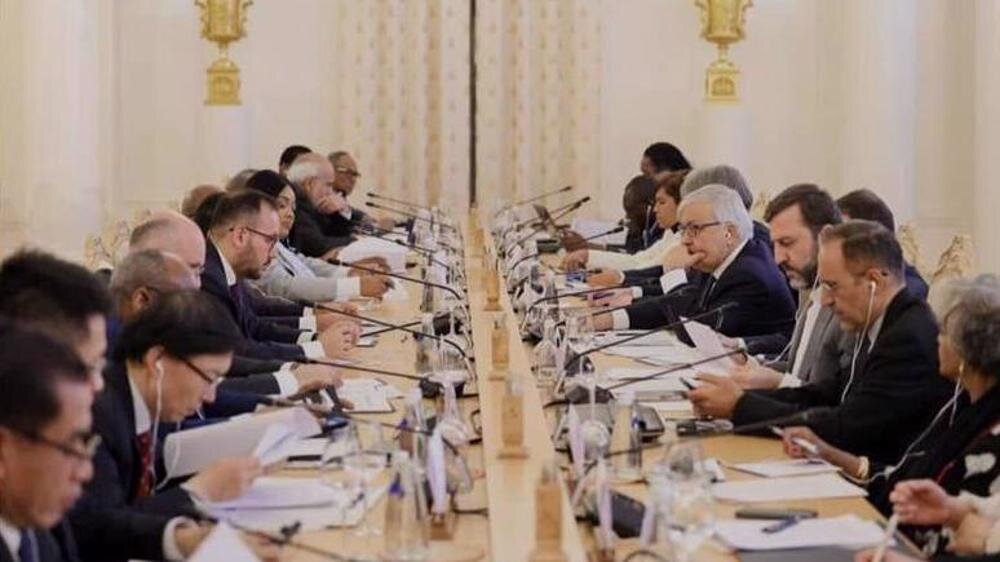Iran calls for UN reform amid rising unilateral actions

TEHRAN – Senior Iranian diplomat Kazem Gharibabadi has issued a strong call for the revitalization of multilateralism and the upholding of principles enshrined in the United Nations Charter, arguing that the rise of unilateral actions by certain powerful states has led to a dangerous erosion of international norms.
Gharibabadi, the Deputy Foreign Minister for Legal and International Affairs, made these remarks at the third meeting of national coordinators of the Group of Friends in Defense of the UN Charter, held in Moscow. The gathering, which brought together senior officials and deputy foreign ministers from 20 countries, focused on addressing the growing challenges to the UN system and exploring ways to strengthen collective action in the face of unilateralism.
Addressing the high-level session, Gharibabadi warned that the "excessive unilateralism" exhibited by some international actors has severely undermined the very foundation of the UN Charter, pushing multilateral diplomacy to what he described as "its most fragile state since World War II." He lamented that, nearly eight decades after the United Nations was founded with the core mission of protecting future generations from the scourge of war and upholding international peace and security, that mission had been compromised by the selective actions of a few powerful states.
Gharibabadi argued that the United Nations and its institutions, "which were supposed to serve international peace and security, have turned into instruments of pressure in the hands of a few countries to impose their political will on others." He pointed to the ongoing US-backed Israeli war on the Gaza Strip as a particularly glaring example of the UN Security Council’s failure to act, highlighting the devastating consequences of this inaction for the civilian population. He stated that the collective punishment of Gaza's civilians, including the deliberate targeting of vital infrastructure, constitutes a flagrant violation of international humanitarian law. "As we are witnessing in the genocide committed by the Zionist regime and its allies in Gaza, the Security Council has been effectively prevented from fulfilling its inherent responsibilities."
The Iranian diplomat argued that this inaction was the direct result of deliberate obstruction by states that are acting in defiance of international law and the UN Charter, thereby severely weakening the credibility and effectiveness of global governance structures. He specifically referenced Israel's repeated refusal to abide by United Nations resolutions prohibiting its occupation of Palestinian territories and its aggression against Palestinians, as well as the United States’ frequent use of its veto power to obstruct the passage of anti-Israeli measures in the Security Council.
Reiterating Iran’s long-standing commitment to multilateral approaches, Gharibabadi stated that the Islamic Republic continues to view multilateralism as the most viable path for resolving international issues and ensuring a more just and equitable world order. He proposed a set of strategic priorities for the Group of Friends to adopt, including promoting genuine multilateralism while rejecting all forms of unilateralism, putting up firm and principled opposition to unilateral coercive measures, defending state sovereignty and the principle of non-interference in internal affairs, pursuing peaceful and diplomatic solutions to global conflicts, supporting reforms within the United Nations (especially the Security Council), advancing international law and justice, and opposing the politicization of legal mechanisms.
Leave a Comment